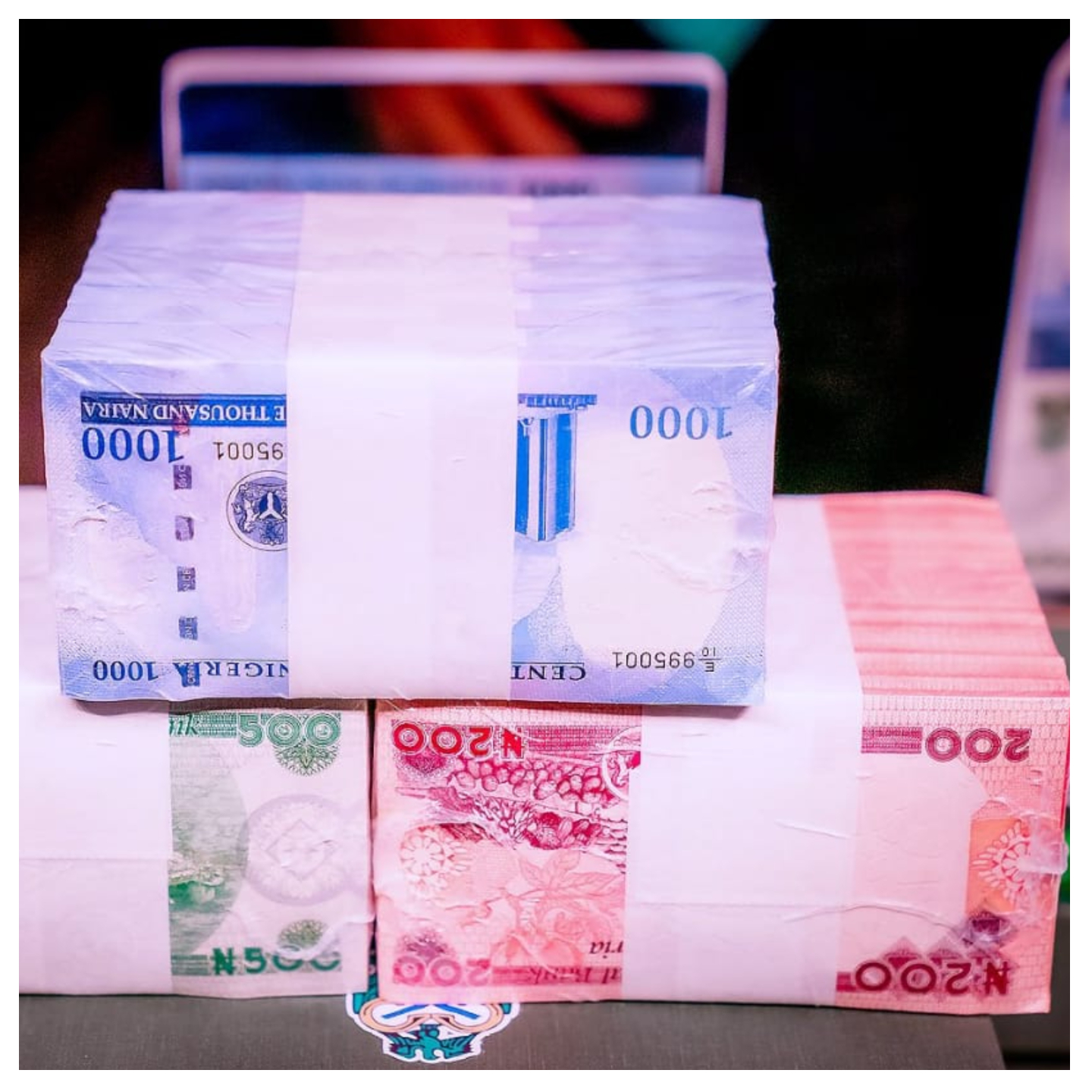
Many patients have continued to grapple with hardship amid the cash crunch that has worsened access to healthcare services in most hospitals in Lagos State.
A check by the News Agency of Nigeria on Monday showed that the situation had worsened as healthcare workers were stranded due to the unavailability of cash for transport fares.
Mrs. Adetoun Gbadegesin, a nurse at a primary healthcare centre, said that many health workers at her facility were absent from their duty posts due to the paucity of funds.
“Movement within Lagos is getting difficult for many people, especially now that the old naira notes are no longer accepted as legal tender.
“I tried to source cash at four Point of Sale (PoS) centres but the operators had no cash, I had to walk halfway before joining a bus to work because of insufficient cash with me.
“Many of my colleagues who live far away cannot make it to the office and the burden of attending to these large numbers of patients falls on just a few of us,” she said.
Also, Uche Nwogwu, a trader, said he was apprehensive about how to restock his medications, as e-payment channels had failed despite several transaction attempts.
“I was fortunate to get N1,000 from a PoS operator which I used for transport to the hospital to take my final injection.
“I wanted to take the injection on an empty stomach as the food vendors around the axis didn’t open because they couldn’t stock up on foodstuff.
“The nurse refused to give me the injection on an empty stomach, she insisted that I take water and biscuits. It’s so sad that I have money but can’t access it to take care of myself,” he said.
Nwogwu appealed to the Federal Government to ensure that payment channels are robust and reliable to aid seamless financial transactions.
Similarly, Dr. Tunji Akintade, a former Chairman, Association of Private Medical Practitioners of Nigeria, said that the naira crisis had almost halted activities across all sectors just like the COVID-19 lockdown.
Akintade said that many hospital owners had been challenged with operating with a few staff, and dealing with increasing overhead costs worsened by prolonged fuel scarcity and naira crisis that made many patients unable to pay their healthcare bills.
According to him, some patients’ health was deteriorating due to the inability to access prompt medical attention while some died as they stayed away from the hospital.
He noted that the disruptions, hardship, mental and physical pain experienced by the citizens showed that Nigeria wasn’t fully prepared for an integrated cashless system.
Akintade appealed to the government to be humane in implementing the policy, saying no policy should bring suffering, irrespective of how well-intentioned.
NAN reports that the Central Bank of Nigeria on October 26, 2022, announced the introduction of redesigned 200, 500, and 1,000 naira notes into the financial system.
The CBN gave January 31 as the deadline for the phasing out of the old notes.
However, since the notes were unveiled on December 15, Nigerians in different parts of the country have been struggling to access them from banks and Automated Teller Machines.
This made the CBN extend its deadline to February 10.
A Supreme Court order issued on February 8 restrained the bank from going ahead with its policy ending the use of the old notes on February 10.
President Muhammadu Buhari, however, on February 16, extended the acceptance of the old N200 bill as a legal tender for the next 60 days.
He ruled out an extension for the old 500 and 1000 naira notes as legal tender.
(NAN)




